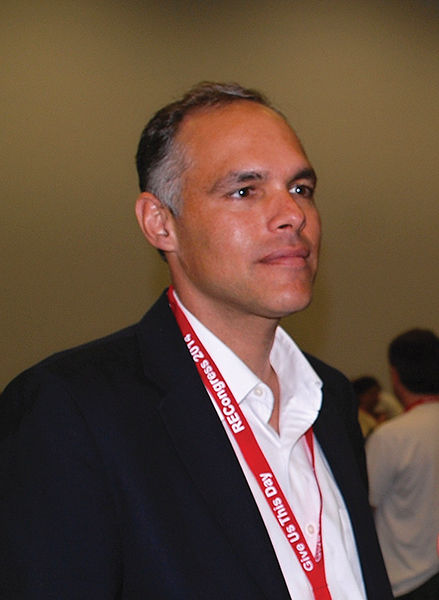In my personal quest for greater happiness, I discovered a new field of psychology, called positive psychology. For decades, psychology focused on alleviating depression, anxiety and sadness. Positive psychology by contrast investigates optimism, resilience, signature strengths and engagement with life. I found a remarkable convergence in the insights about happiness offered by the ancient philosophers like Aristotle, medieval theologians like Augustine and positive psychologists like Martin Seligman. Moreover, I discovered that contemporary psychology offers practical ways of reaching forgiveness, strengthening willpower and deepening gratitude.
Who is your audience?My audience is Christians of all kinds, but I hope Catholics in particular profit from the book. I hope that Christians can find in “The Gospel of Happiness” new motives for practicing the teachings of Jesus. I do also hope that some non-Christians read the book and find that Christian practice — far from deadening enjoyment of life as some have said — actually enhances human well being.
What do you mean by “the gospel of happiness” in your title?Jesus came so that we might have life and have it in its fullness. In other words, the revelation of God in Christ is for our benefit and flourishing. The Gospel is good news, and good news for human beings is always connected to happiness. Happiness, of course, is defined in many ways, and I have explored the understanding of happiness proposed by Martin Seligman, the founding father of positive psychology. He defines happiness by the acronym PERMA: positive emotion, relationships, meaning understood as making a contribution to others and achievement of goals. I suggest that the Christian way of life enhances positive emotion, engagement with life, relationships with others, meaning and achievement. Indeed, Christian belief and practice transcends the happiness offered by positive psychology. That is good news indeed.
How will readers “rediscover their faith through spiritual practice” in your book?Just as we can rediscover God through serving those in need, so too we can rediscover faith by seeing the connection of practices of faith to our well being. When we not only know what Jesus taught, but also can see why Jesus taught it, we can gain a new appreciation of his wisdom. When these teaching are put in practice, our own experience of greater joy can confirm his wisdom. The ways of Jesus ultimately are the ways to deeper happiness and fulfillment.
What do you want readers to take away from this book?I hope readers find the book practically helpful. The most common cause of lack of love of God, neighbor and self is weakness of will. In recent years, psychologists such as Roy Baumeister and Kelly McGonagle have focused on the causes and remedies for weakness of will. The last chapter talks about ways of strengthening willpower so that we can better love God and love neighbor.
This interview originally appeared in the Sept. 2, 2015 issue of America Magazine. Interviewer Sean Salai, SJ, is a contributing writer at America.

